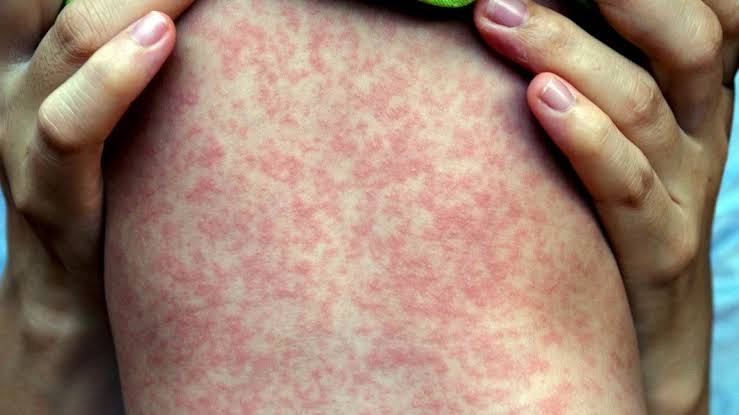
Collagen boost. Numerous studies demonstrate benefits for skin hydration, elasticity, and wrinkles, as well as possibly for joint health. However, recent, high-quality analyses, particularly those that are not funded by the industry, cast doubt on these claims, finding little significant effect, suggesting potential bias and a lack of solid evidence for commercial products, though some particular hydrolyzed collagen peptides show promise. Although usually regarded as safe, quality and possible impurities are issues, and further research is required. The benefits can occasionally be mild or placebo-driven.
COLLAGEN BOOST
A “collagen boost” entails lifestyle modifications and treatments to boost collagen, emphasizing a diet high in protein (fish, eggs, beans), zinc, copper (shellfish, nuts), and vitamin C (citrus, greens) to provide building blocks, avoiding sugar, using sunscreen, staying hydrated, and thinking about supplements or professional procedures like lasers or micro needling for noticeable results. It has become a popular ingredient in skincare products and supplements, but its benefits go far beyond just enhancing your appearance. As the most abundant protein in the human body, collagen is essential for maintaining the structure and strength of your skin, hair, nails, and joints.
What are Collagens?

Collagen boost
Collagen is a protein made up of amino acids, primarily glycine, proline, and hydroxyproline. It acts like a scaffold that holds your body together, providing structure and elasticity to your skin, strength to your bones, and flexibility to your joints. There are several types of collagen, but the most common ones in the body are Type I, II, and III, each serving different functions.
The Role of it in the Body;
– Skin Health:
Collagens helps keep your skin firm, smooth, and hydrated. As you age, your body produces less collagen, leading to wrinkles and sagging skin. Supplementing with collagen can help slow this process, promoting a more youthful appearance.
– Joint Support:

Collagen boost
Collagen is a key component of cartilage, the tissue that cushions your joints. Over time, collagen levels decrease, which can contribute to joint discomfort and stiffness. Taking collagen supplements may help reduce these symptoms and improve joint health.
– Hair and Nail Strength:
Collagen supports the structure of your hair and nails, making them stronger and less prone to breakage.
– Bone Health:

Collagen boost
Collagen provides the framework for bones, making them strong yet flexible. As we age, bone density decreases, but collagen supplementation can help maintain bone strength.
How to Boost Collagen Production;

Collagen boost
While your body naturally produces collagen, its production declines with age. However, you can boost collagen levels through diet and supplementation. Foods rich in collagen-building nutrients include bone broth, chicken, fish, and egg whites. Vitamin C is also crucial for collagen synthesis, so be sure to eat plenty of fruits and vegetables like oranges, berries, and leafy greens. Supplements, often in the form of powders, capsules, or drinks, are also available and have been shown to improve skin elasticity, reduce wrinkles, and alleviate joint pain.
Summary
The body’s most prevalent structural protein, collagen serves as the “glue” that holds tissues like skin, bones, muscles, tendons, and ligaments together, giving them strength, structure, and elasticity. However, as people age, sun damage, and lead poor lifestyles, their body produces less collagen, which can cause signs of aging and possibly joint problems. However, supplements and a diet high in protein and vitamin C can support natural production.


Pingback: Top 5 Anti-Itch Creams for Soothing Relief - SimplExplainer
Pingback: Aloe Vera Gel: Benefits and Uses - SimplExplainer